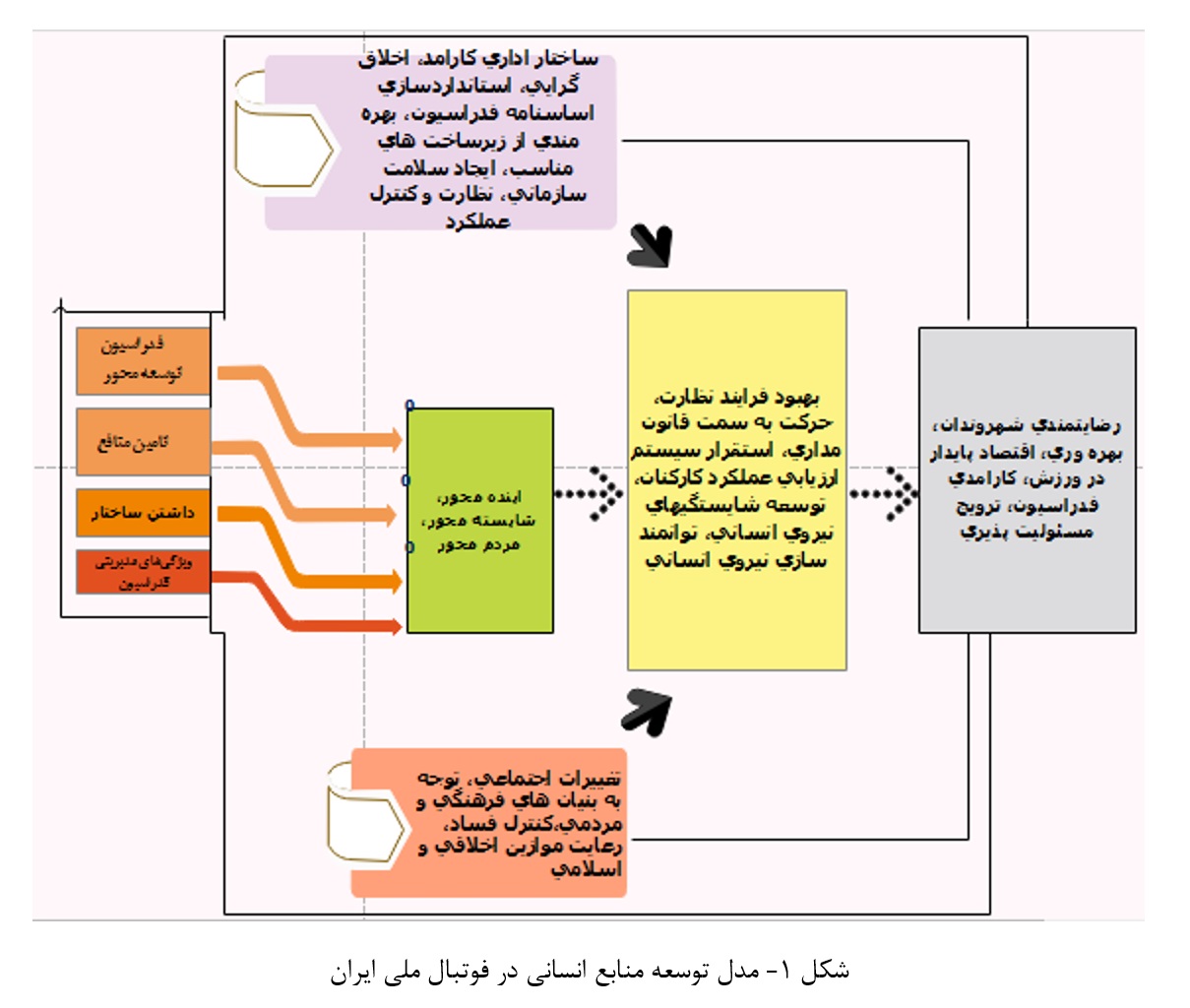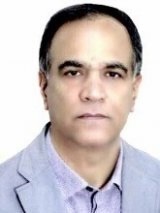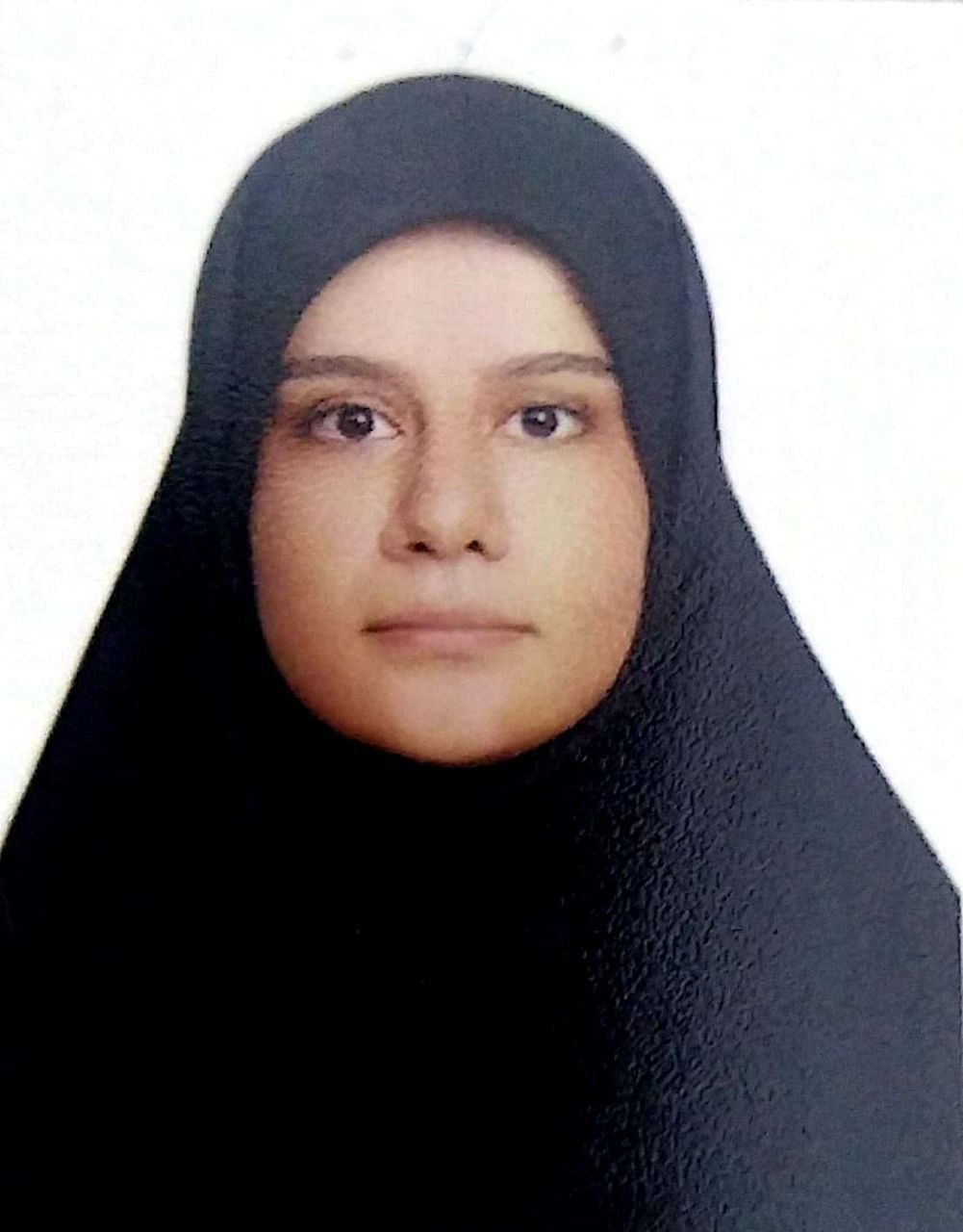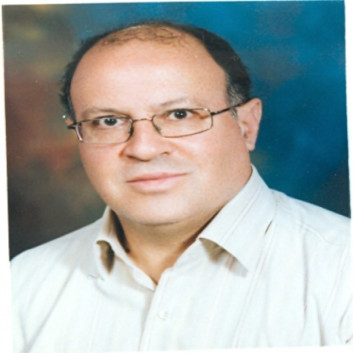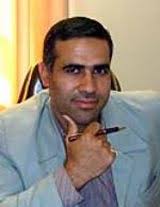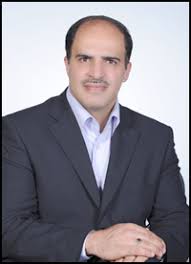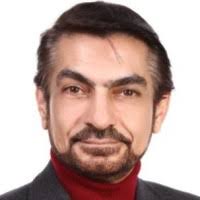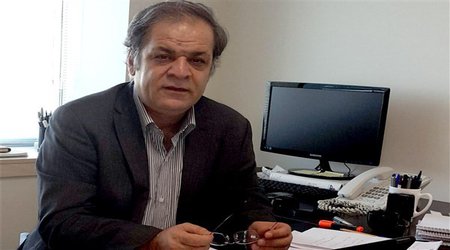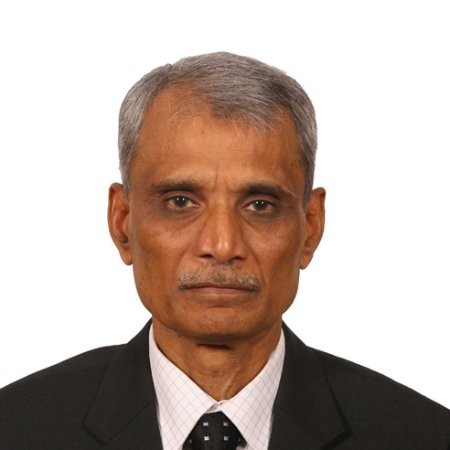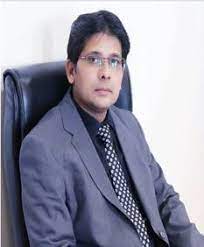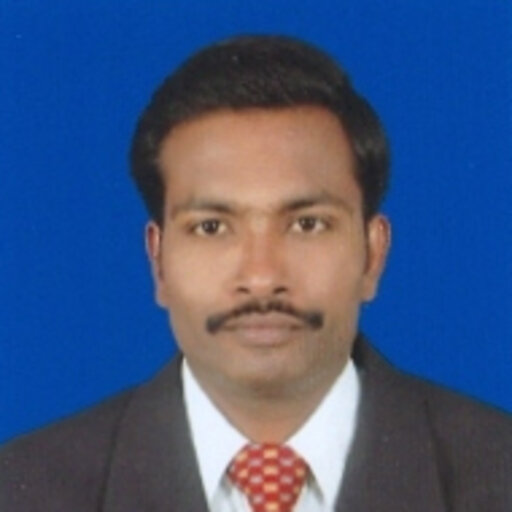Designing a Human Resource Development Model in Iran's National Football with a Grounded Theory Approach
Keywords:
Resource management, strategies, performance improvementAbstract
The aim of this research was to design a human resource development model in Iran’s national football using a grounded theory approach. The research method was analytical, and qualitative methodology was employed for this purpose. The research strategy involved the use of grounded theory. The participants in the study consisted of 15 individuals from the target population, including experts in sports management, managers and officials from the Football Federation, and researchers in the field of human resource performance management. The sampling strategy in the qualitative section was purposeful, with maximum diversity or heterogeneity. Data analysis was carried out through content analysis of interviews and coding. The research tool was open interviews, and the results were analyzed based on three stages of open, axial, and selective coding. The findings indicated that a development-oriented federation, securing benefits, having a proper structure, and the managerial characteristics of the federation were the indicators of causal factors. Contextual factors included an efficient administrative structure, ethical orientation, standardization of the federation's statute, creating and utilizing appropriate infrastructure, fostering organizational health, and monitoring and controlling performance. Moreover, intervening factors included social changes, attention to grassroots and cultural foundations, controlling corruption, and adhering to Islamic and ethical principles. The core phenomenon was future-oriented, merit-based, and people-centered. The research strategies included improving the monitoring process, moving toward legal compliance, establishing a performance evaluation system for employees, developing human resource competencies, and empowering the workforce. Ultimately, the outcomes of the research were citizen satisfaction, productivity, sustainable sports economy, federation efficiency, and promoting responsibility.
Downloads
